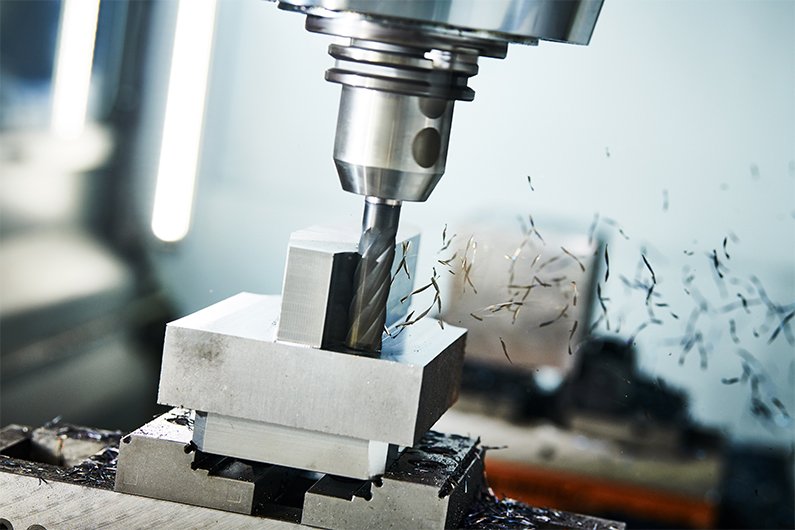Introduction:
Aluminum is a widely used material in various industries due to its unique properties such as lightweight, high strength, and excellent conductivity. However, aluminum is prone to corrosion when exposed to harsh environmental conditions, which can limit its performance and lifespan. To overcome this challenge, aluminum conversion coatings have emerged as an effective solution to enhance surface performance and corrosion resistance. This article will explore the concept of aluminum conversion coatings, their benefits, and the different types available in the market.
What is Aluminum Conversion Coating?
Aluminum conversion coating refers to the process of treating the aluminum surface to create a thin layer of protective oxide film. This film acts as a barrier between the aluminum substrate and the surrounding environment, preventing direct contact and minimizing the risk of corrosion. The conversion coating process typically involves chemical reactions between the aluminum surface and a coating solution containing specific chemical compounds.
Benefits of Aluminum Conversion Coating:
1. Corrosion Resistance: The primary benefit of aluminum conversion coating is its ability to enhance corrosion resistance. The protective oxide film acts as a barrier against moisture, chemicals, and other corrosive agents, significantly reducing the chances of corrosion and extending the lifespan of the aluminum.
2. Surface Preparation: Aluminum conversion coating provides an excellent surface preparation for subsequent coating applications such as paint or powder coating. The coating improves adhesion, ensuring a more durable and long-lasting finish.
3. Electrical Insulation: The oxide film created through conversion coating has excellent electrical insulation properties. This makes it highly suitable for electrical and electronic applications where insulation is critical.
Types of Aluminum Conversion Coatings:
1. Chromate Conversion Coating: Chromate conversion coating, also known as chemical film coating, is the most common type used for aluminum. It involves immersing the aluminum parts in a chromate solution, resulting in a thin film of chromium oxide on the surface. Chromate conversion coating provides excellent corrosion resistance and is widely used in aerospace, automotive, and electronic industries.
2. Phosphate Conversion Coating: Phosphate conversion coating is another popular option for aluminum surface treatment. This process involves the immersion of aluminum in a phosphate solution, leading to the formation of a phosphate layer. Phosphate conversion coating provides enhanced adhesion for subsequent paint or powder coating applications and improves corrosion resistance.
3. Anodizing: Anodizing is a specialized type of aluminum conversion coating that involves creating a thicker and more durable oxide layer on the surface. This process typically uses electrolytic oxidation, where the aluminum serves as the anode in an electrolytic bath. Anodizing provides excellent corrosion resistance, abrasion resistance, and can also enhance the aesthetic appeal of aluminum by introducing various colors.
Conclusion:
Aluminum conversion coatings offer numerous benefits in terms of surface performance and corrosion resistance. The protective oxide film created through conversion coating acts as a barrier against corrosion, prolonging the lifespan of aluminum in various applications. The choice of the appropriate conversion coating depends on the specific requirements and the desired properties of the coated aluminum surface. Whether it is chromate conversion coating, phosphate conversion coating, or anodizing, the use of aluminum conversion coatings is essential in ensuring the longevity and optimal performance of aluminum components.
-

- Avtomobil oturacaqlarının çərçivəsi üçün OEM tökmə komponentləri
-

- OEM Die tökmə istehsalçısı uşaqlar təkan velosipedi üçün maqnezium lehimli təkər istehsal edir
-

- Populyar Uşaq İdman Velosipedi Yüksək Keyfiyyətli Uşaq Balans Velosipedi Uşaq Velosipedi
-

- Mangensium ərintisi tökmə Tixomolding metal hissələri
-

- Velosiped üçün OEM yüksək təzyiqli tökmə maqnezium ərintisi çərçivəsi
-

- Dökmə maqnezium hissələri noutbuk korpusunun qapağı D

 0086-750-5616188
0086-750-5616188 +86 13392089688
+86 13392089688 sales@zhongmei-tech.com
sales@zhongmei-tech.com







